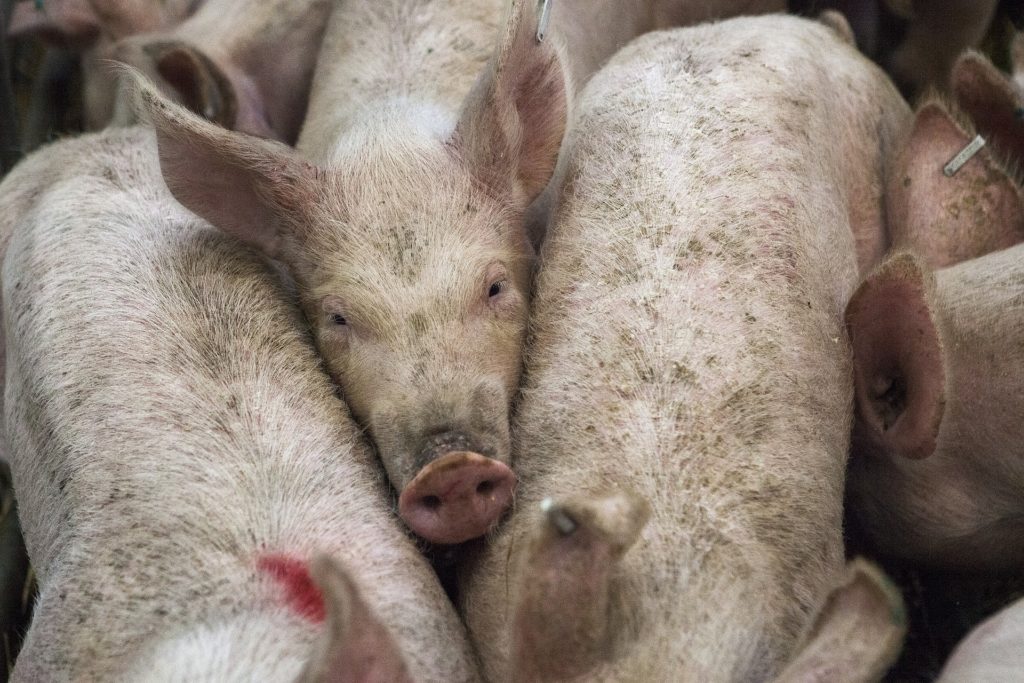In a 5-4 vote, the U.S. Supreme Court has affirmed California’s right to affect how pork and eggs sold in its borders are produced. Proposition 12 passed overwhelmingly several years ago by California voters and bans the sale of animal products in the nation’s most populous state unless they meet space requirements not widely used in the agricultural industry. Iowa officials were clearly displeased with the ruling. Secretary of Agriculture Mike Naig says, “Having the safest, most abundant, and most affordable food supply in the world is foundational to the American way of life. [Thursday’s] Supreme Court decision in National Pork Producers Council v. Ross undermines that firm foundation. While [Thursday’s] ruling is focused on agricultural production, it will certainly creep into other industries” Naig argues the decision opens the door for the nation’s largest states to dictate the laws and regulations for the rest of the country. Sen. Joni Ernst responded similarly on social media, saying, “Extremists in liberal states like California shouldn’t be allowed to BAN OUR BACON and punish hardworking Iowa Pork producers with overreaching policies. Disappointed in SCOTUS decision on Prop.12.” Iowa 4th District Representative Randy Feenstra says, “I’m outraged that the Supreme Court upheld California’s assault on Iowa hog farmers and egg producers. Prop 12 represents red tape at its worst, raising costs for our producers and prices for our families while inflation wreaks havoc on our communities and destroys our economy. Quite frankly, California liberals have no jurisdiction over how Iowa farmers raise our hens and hogs.” Proposition 12 was initially passed by California voters in 2018, but implementation has been delayed due to legal challenges. Industry experts say producers wanting to sell products in California will now need to spend significant sums of money to alter their production facilities to comply with the new law, which will lead to higher production costs that will end up being paid by consumers. Alternatively, farmers could choose not to sell to California and continue raising hogs and hens as they have, but that would cut them off from approximately 13% of the nation’s pork market.
U.S. Supreme Court Affirms California’s Ethical Pork Law, Prompting Response From Iowa Officials, Pork Producers

